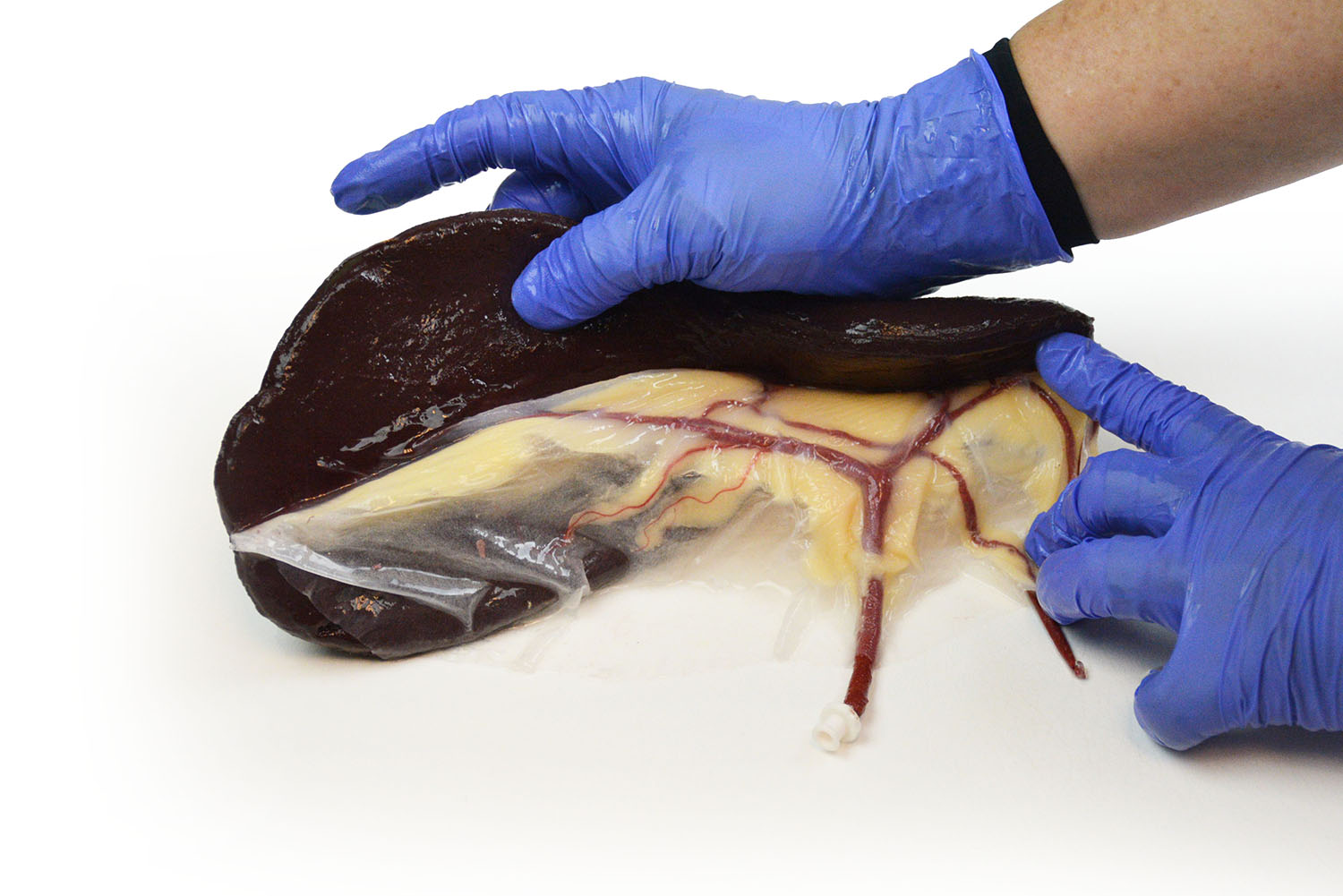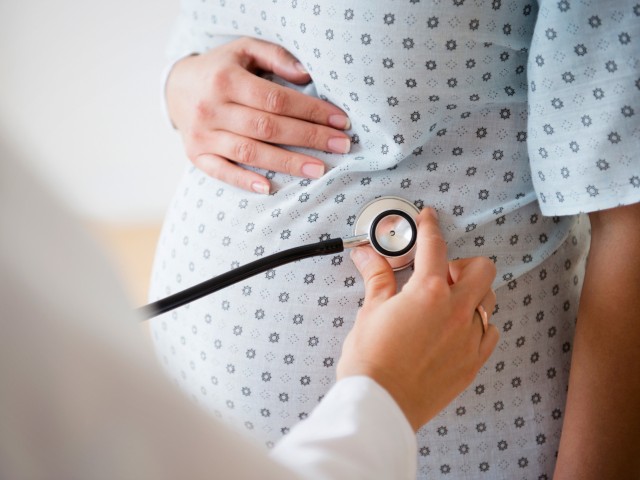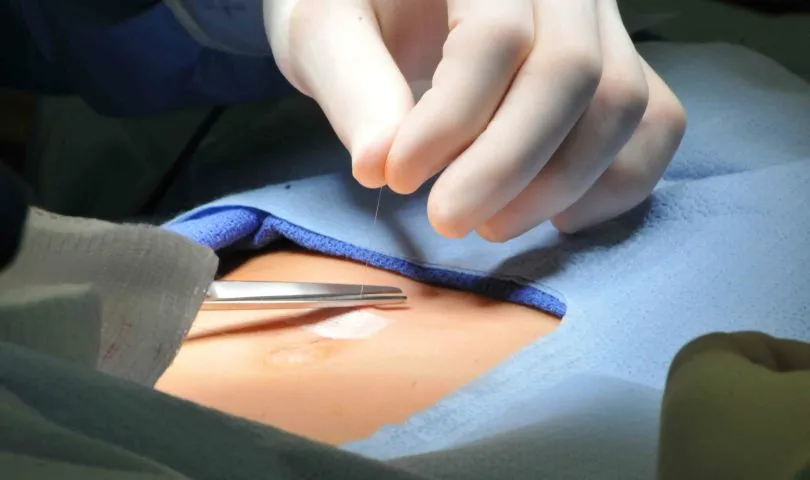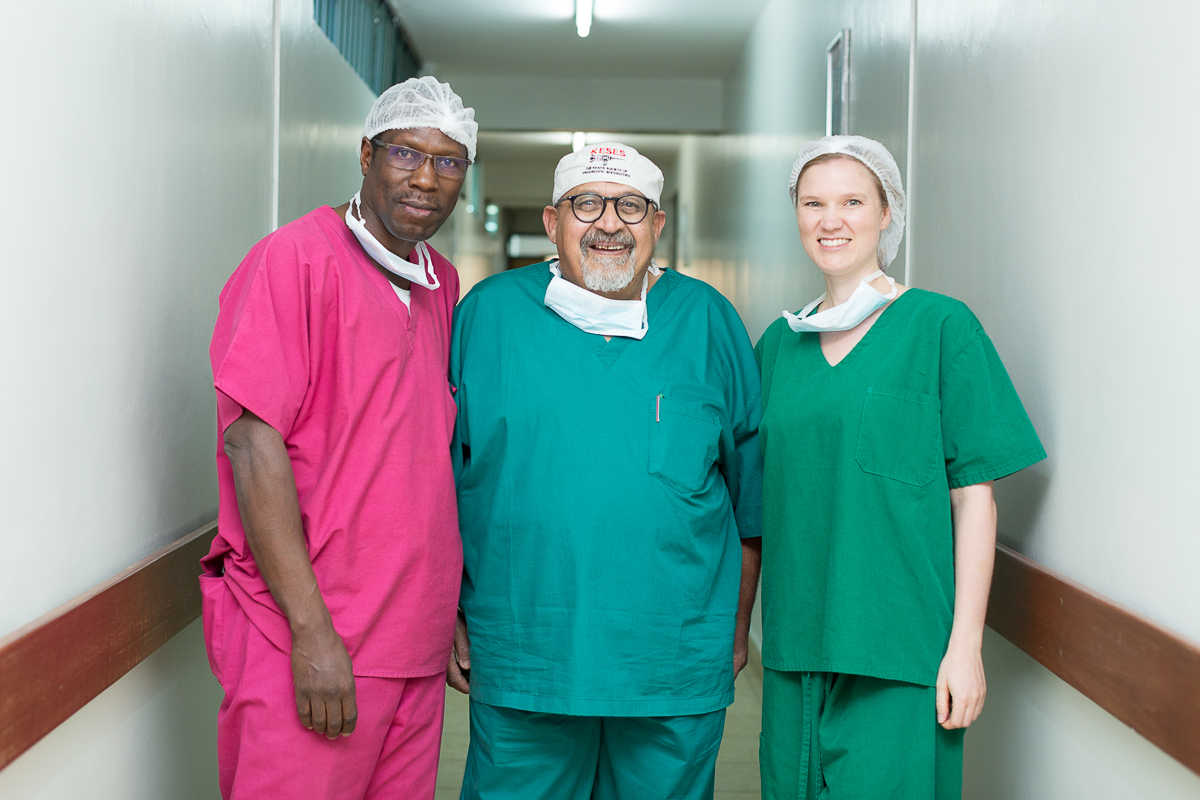Spleen Surgery
Spleen Surgery

What is spleen surgery?
Spleen surgery is a process that removes diseased or damaged spleen.
A spleen is a delicate, fist-sized organ that sits under the left rib cage near the stomach. Your spleen is an organ usually found above your stomach and under your ribs on your left side.
The spleen is part of your lymphatic and immune system, it houses large numbers of lymphocytes, a type of white blood cell that fights infections.
Additionally, the spleen filters your blood, trap, and attack bacteria and viruses. Additionally, the spleen also removes and recycles old or deformed red blood cells. In cases of damaged or a diseased spleen, spleen surgery may be required.
To begin with, If the spleen does not work properly, it may start to remove healthy blood cells. As a result of a reduced number of red blood cells, a person may develop anemia. Consequently, a reduced number of platelets may also result in bleeding and bruising.
Dr. Yusuf Palkhi of Kenya Laparoscopic surgery services performs spleen surgery therefore helping patients regain joy back to their lives. Additionally, he will keenly evaluate your spleen conditions and create a comprehensive treatment plan for you.
Spleen Care in Mombasa, Kenya
If you are regularly experiencing any unusual symptoms such as lightheadedness and a weak pulse, or would just like more information, please make an appointment to see our physician right away for a thorough consultation, evaluation, and examination. Our physician will give you an accurate diagnosis and a good treatment plan for your spleen condition.
With correct spleen treatment, many patients live full, active lives. At Kenya Laparoscopic Surgery Services, our goal is to provide comprehensive individualized care for all your spleen conditions.
At KLASS, our practitioners are well-versed in the diagnosis and management of the spleen. Schedule a consultation with our top-rated general surgeon in Mombasa, Kenya to learn more.

What are the general symptoms involving the spleen?
Injury and inflammation of the spleen can cause some common symptoms. For example, pain in the left side of the abdomen that spreads to the left shoulder, fatigue, lightheadedness, and a weak pulse.
Those with an enlarged spleen may feel pain in the left abdomen and shoulder. They may also feel full after eating only a very small amount of food. Back pain in the area of the spleen can also develop.
Ordinarily, many people with an enlarged spleen, however, experience no symptoms at all.
Therefore, many may not know their spleen is enlarged. This can only be diagnosed if the spleen is big enough. Usually, a doctor does this manually by doing a physical examination or by running a blood test.
Usually, certain diseases might cause your spleen to swell. You can also damage or rupture your spleen in an injury, especially if it is already swollen.

Common conditions of the spleen
Some various conditions lead to a splenectomy. These diseases cause the spleen to become very active. When it does, it processes and stores more blood, which causes it to enlarge.
The conditions include:
- Spleen pain -First and foremost, this occurs behind your left ribs. Spleen pain may be tender when you touch the area. This can be a sign of a damaged, ruptured or enlarged spleen.
- Damaged or ruptured spleen -Secondly, the spleen can become damaged or may rupture (burst) after a forceful blow to the abdomen, car accident, sporting accident, or fracture to the ribs.
- Spleen enlargement /splenomegaly- Finally, a markedly enlarged spleen encroaches on the stomach and often provokes a persistent feeling of fullness and an associated decrease in appetite. The spleen can become swollen after an infection or injury or diseases such as cirrhosis, leukemia, or rheumatoid arthritis.
- Hypersplenism – when the spleen enlarges, it becomes overactive such that it filters out and destroys large numbers of red blood cells, white blood cells, and platelets. Low levels of RBCs, WBCs, and platelets are hallmark signs of hypersplenism. It can develop relatively quickly and lead to weakness, shortness of breath, and a rapid heart rate.
- The most common disease of the spleen is a form of cancer, lymphoma. This is a disease of the lymphocytes. As the spleen is part of that system, lymphoma elsewhere in the body can affect it (often causing splenomegaly) and it can develop its own form of cancer – splenetic lymphoma. Depending on the stage of cancer in the spleen, where chemotherapy or radiological treatment is of no avail, splenectomy is a usual recourse.
- Splenic infarction – this refers to the death of some of the spleen tissue due to an interruption in blood supply.

Foods for a healthy spleen
A healthy diet consisting of a variety of nutrients can keep your spleen healthy and functioning efficiently. These include:
- First and foremost, drink approximately eight to 10 glasses of water daily to support spleen health.
- Secondly, consume raw fruits and vegetables to keep your spleen functioning at an optimal level.
- Thirdly, add ginger to your meals to help you achieve or maintain a healthy spleen.
- Finally, eat plenty of food that contains omega-3 fatty acids. For example, flaxseeds, flaxseed oil, canola oil, soybeans, soybean oil, pumpkin seeds, pumpkin seed oil, walnuts, and walnut oil to keep your spleen healthy.

How are spleen conditions diagnosed?
An evaluation typically includes a complete blood count (CBC), to look at the amount, sizes, and shapes of the cells in your blood.
Sometimes it is important to get a specimen of bone marrow. The bone marrow is where red cells and other components of the blood are made and can be very helpful to understand the source of the problems.
Doctors also detect problems with the spleen by feeling your abdomen. A CT scan or MRI scan would confirm the diagnosis.
Treatment options for spleen conditions
The decision to recommend spleen surgery depends on many variables. for example, overall patient health, age and physical condition, the nature of the disease-causing the problem with the spleen, the size of the spleen (for massive splenomegaly), and finally, the effectiveness of other treatments such as cancer treatments.
The spleen is not usually removed if it’s just enlarged. Instead, you can receive treatment for any underlying condition as the doctor monitors your spleen. Antibiotics may be prescribed if there’s an infection.
Our highly skilled general surgeon in Mombasa, Kenya advises that one should avoid contact sports for a while, as this increases the risk of rupturing the spleen while it is enlarged.
Spleen surgery is only necessary if the enlarged spleen is causing serious complications or if the cause can’t be found.

Laparoscopic Spleen Surgery
Laparoscopic splenectomy or spleen surgery, allows a surgeon to access the inside of your abdomen without having to make large incisions (cuts) in your skin.
The size of the spleen is the most important determinant in deciding whether the spleen can be removed laparoscopically. For instance, When the size of the spleen is extremely large, it is difficult to perform the laparoscopic technique.
Factors that may increase the possibility of choosing or converting to the “open” procedure may include obesity, a history of prior abdominal surgery causing dense scar tissue, inability to visualize organs or bleeding problems during the operation.
Your surgeon will decide on an open procedure either before or during the actual operation. Therefore, The decision to convert to an open procedure during a spleen surgery is strictly based on patient safety.
Possible Risks and Complications of a Laparoscopic Spleen Surgery
Complications following laparoscopic spleen surgery are infrequent, but you should consult your doctor regarding possible complications based on your specific case.
Possible complications may include site infections, pneumonia, internal bleeding, or infection inside the abdomen at the site where the spleen used to be. However, these complications are not frequent.
Inflammation of the Pancrease may also occur or leak fluid after surgery.
It is important that you tell your physician that you had your spleen removed.

Your Laparoscopy Procedure With Dr. Yusuf Palkhi
Fewer scars, faster healing
Dr. Yusuf Palkhi was one of the first surgeons in Mombasa to introduce minimally invasive surgical procedures in Mombasa town to help individuals who were in need of laparoscopic general surgical procedures.
He is committed to improving the lifestyles of individuals residing in Mombasa to help them take back control of their lives without the need to travel far for such procedures.
Together with his expert surgical team in Mombasa, Kenya they provide the highest level of holistic surgical care to individuals, ensuring that they meet their individual health needs.
He is keen on ensuring that majority of people have access to expert, world-class care and expertise that is both affordable and accommodating to their needs and life goals.
Dr. Yusuf Palkhi, a laparoscopic surgeon in Mombasa, Kenya specializes in helping individuals who ail from the appendix, gallbladder, reflux, hernia repairs, colon, pancreas, spleen, and emergency abdominal surgeries.
He is also very passionate about helping individuals regain control of their lives through bariatric weight loss procedures.
Our Affiliations

Reserve An Appointment
Should you wish to book your appointment online, Our Doctors Calendar is available to you, Simply head over to Reserve your Appointment and view the doctors available times where we can be able to help you
